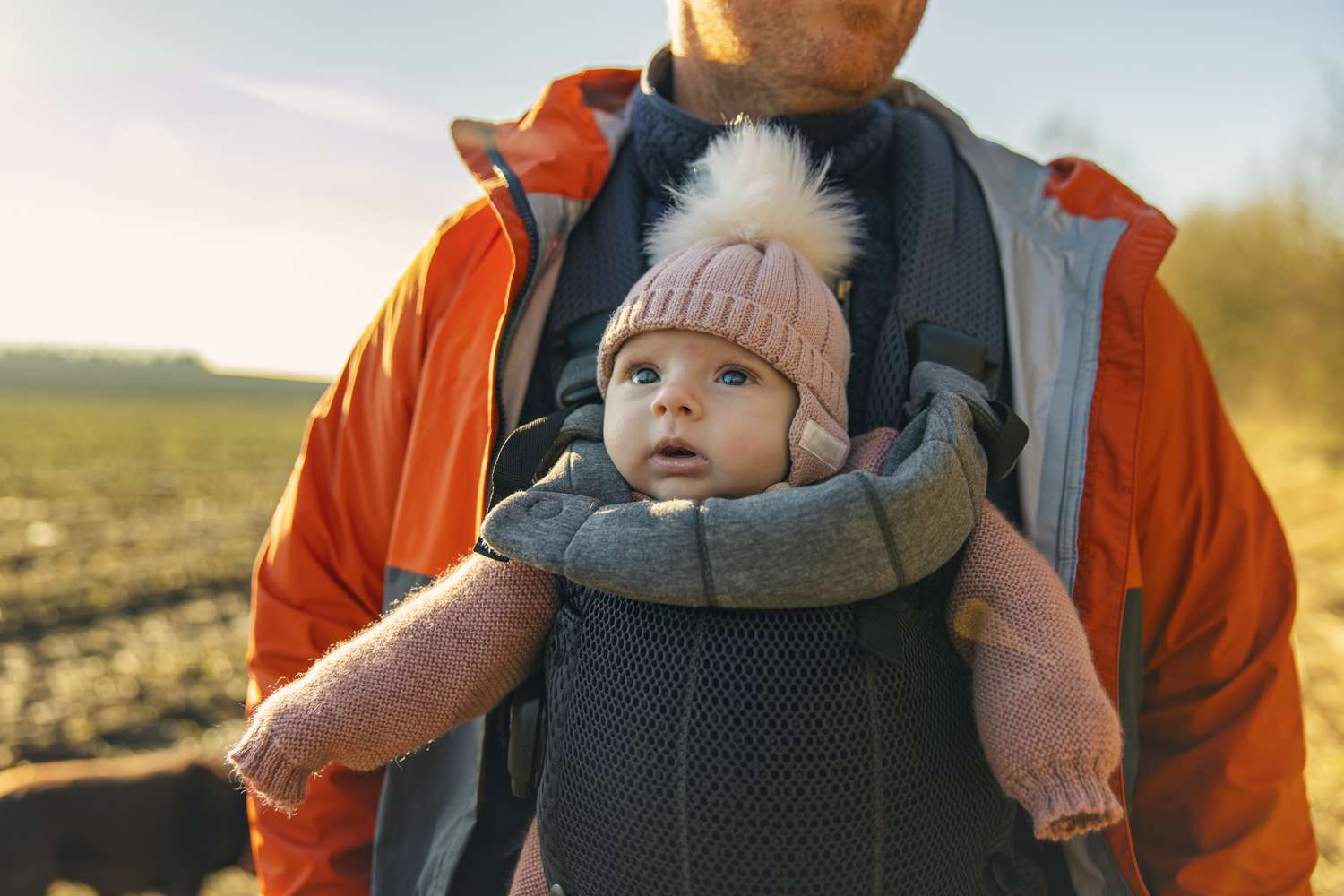Key Takeaways
New York State is planning to offer a one-time $1,800 “BABY Benefit” to low-income parents on public assistance, funded through the fiscal year 2026 budget.Specific details on eligibility criteria and payment distribution have not yet been announced by the governor’s office.Research published by the National Bureau of Economic Research earlier this year suggests that cash payments to parents may not have an impact on child development.
In New York, some new parents may be eligible to receive a one-time $1,800 benefit when they have a new baby.
To be eligible, parents must receive public assistance. However, the governor’s office hasn’t released further details on eligibility requirements or how payments will be disbursed since it first announced the benefit in May 2025.
“The FY 26 Budget allocates $8.5 million to support another nation-leading initiative aimed at enhancing maternal and infant health. This initiative involves providing a birth allowance the New York State BABY (Birth Allowance for Beginning Year) Benefit—to low-income parents on public assistance,” the May 2025 press release states.
Why It Matters
For new parents, even a one-time $1,800 payment can help offset the steep upfront costs of diapers, formula, and child care. The benefit also tests a broader idea: whether giving families direct cash in a baby’s first year can improve long-term health and financial stability. As New York launches the BABY Benefit, other states will be watching closely to see if this small infusion makes a measurable difference.
Unconditional—or no-strings—cash payments to parents aren’t a new idea, but some previous efforts to offer them haven’t been restricted just to parents with new babies. During the pandemic, multiple rounds of stimulus payments to the tune of hundreds of dollars per child were provided to parents, dropping child poverty rates in the U.S. to a record low in 2021 before they bounced up again.
However, evidence on the benefits of direct cash payments to parents is mixed.
A National Bureau of Economic Research (NBER) working paper published earlier this year studied the impact of giving more than $300 per month to low-income mothers during the first few years of their children’s lives. After four years, the researchers found no differences in specific developmental outcomes for children in the group that had received the additional money compared with the control group.
But other NBER research has found substantial early-life benefits from direct cash transfers. For instance, an NBER study of Alaska’s Permanent Fund Dividend found that an extra $1,000 delivered during a child’s first months reduced child maltreatment referrals by about 10% by age 3, with effects lasting into early elementary years.
Similarly, NBER analyses of the expansion of the Earned Income Tax Credit show that income boosts during pregnancy and infancy raise birth weights and lower rates of low-birth-weight babies, both key predictors of later health and development.

